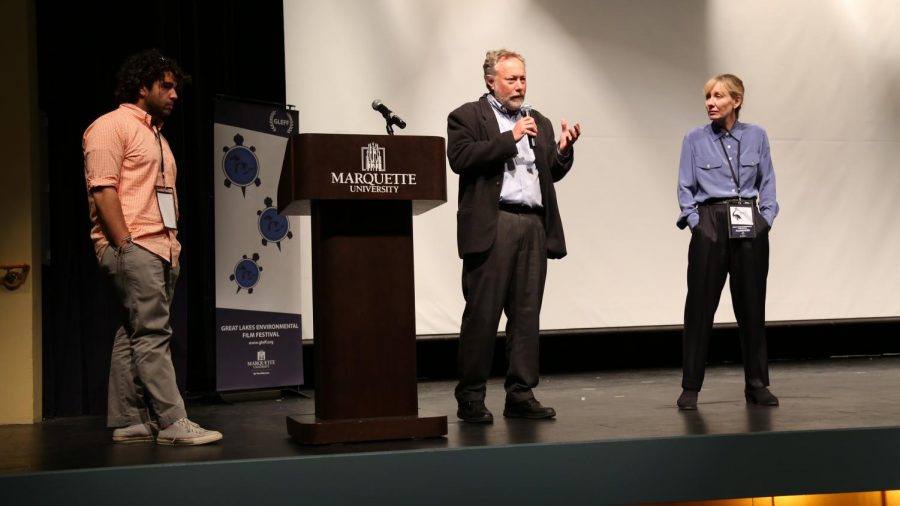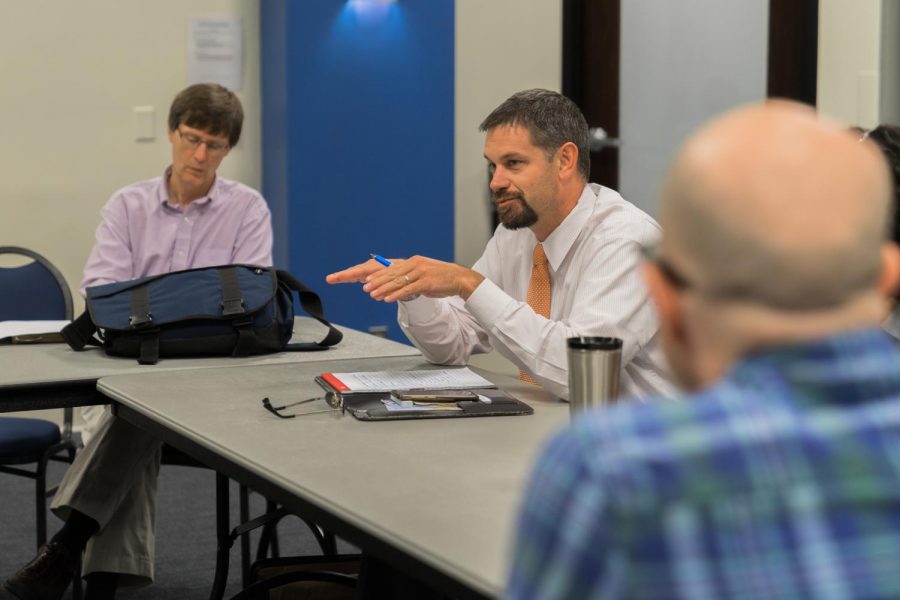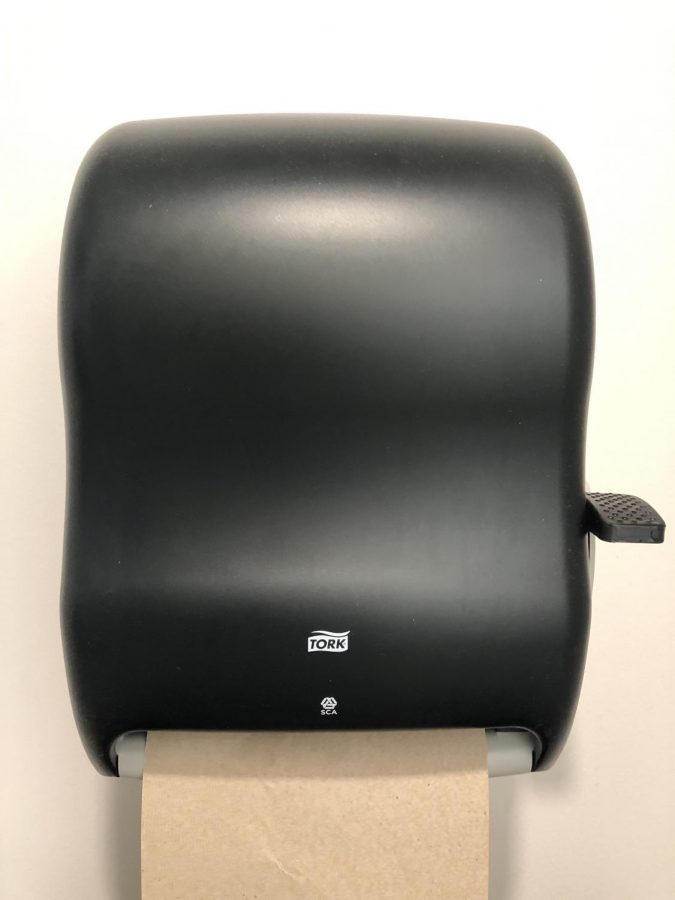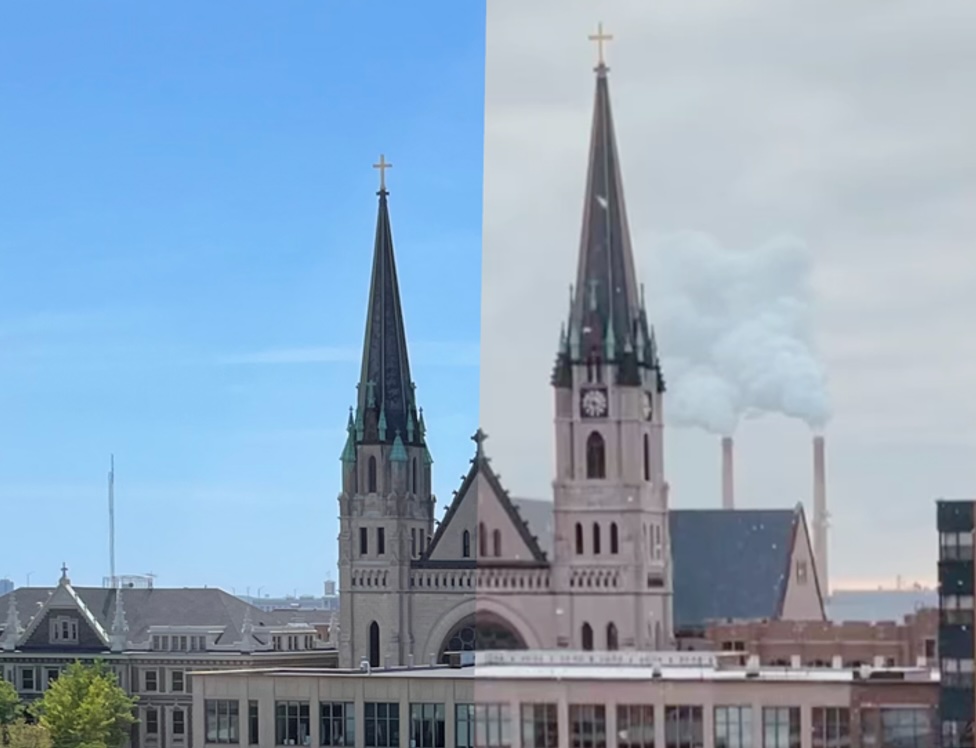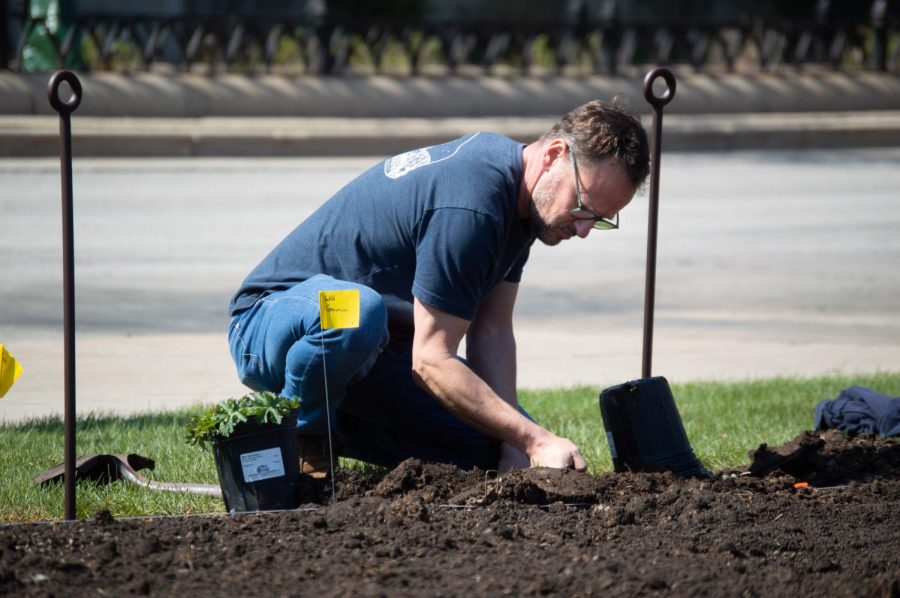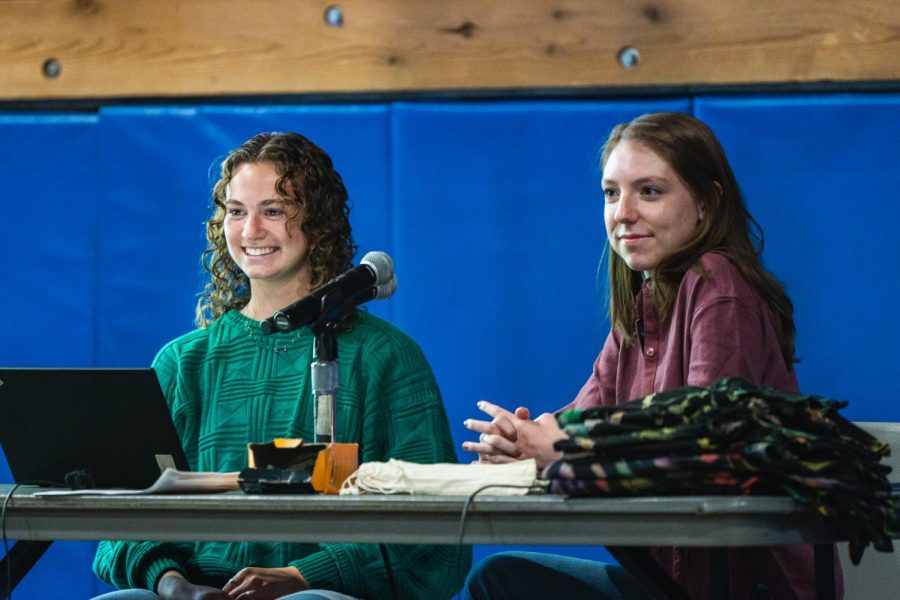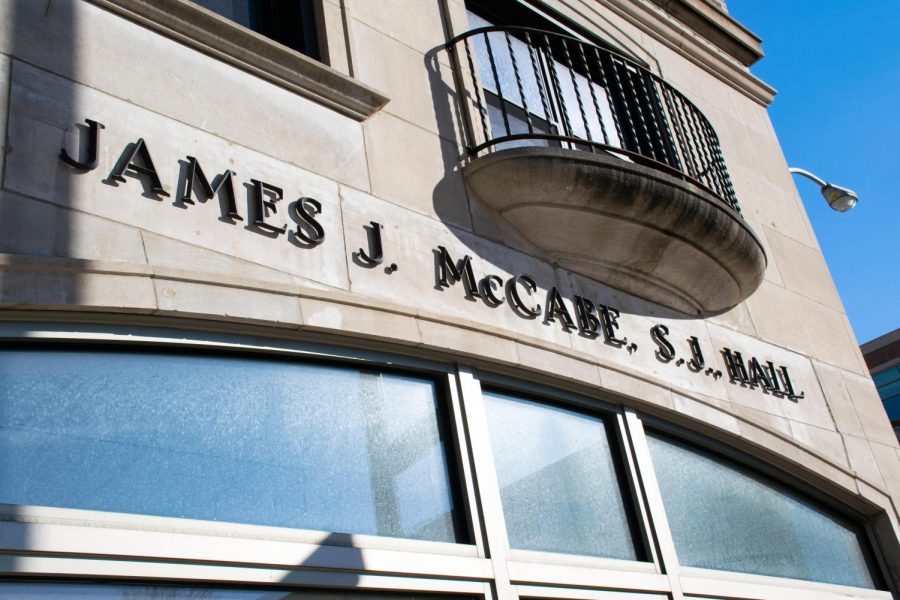Marquette will open its doors today and Thursday to students and the greater Milwaukee public for the fourth annual Great Lakes Environmental Film Festival.
GLEFF is a two-night event meant to bring the community together and raise awareness of environmental issues, said Joe Brown, GLEFF programmer and assistant professor of digital media and performing arts at Marquette. He created the event in 2014. The festival features local and national filmmakers. Brown said GLEFF is finally beginning to take off.
The free event, which begins at 7 p.m. both nights, will take place today in Marquette Hall 100 and Thursday in Varsity Theatre. The screening of each film will be followed by a Q&A with representatives from each film.
Brent Ribble, Marquette’s campus sustainability coordinator, will discuss Marquette’s plans for sustainable practices at the event. Members of Students for an Environmentally Active Campus will also be doing outreach at the festival.
“Part of the college experience is getting exposed to ideas you have never been exposed to before,” Brown said. He said he hopes the audience includes people outside of SEAC and the environmental studies major.
“I want to say film can save the world, but I’m also not naive,” Brown said. “Making or watching a film about environmental problems isn’t going to solve the problems, but it is a good starting point.”
Brown said he hopes GLEFF will open a dialogue about environmental issues. He said bringing people together at a film festival is a way to break feelings of isolation, and encourage collaboration to make change.
Zoya Baker, director of “Cranberry Lake,” which will be screened Thursday, said film festivals aren’t just about creating dialogue, but also about putting yourself into a different narrative.
“We are perhaps too familiar with the human narrative,” Baker said. “(Film) is a way to ponder other ways of being.”
Baker’s film follows students as they take part in a forest ecology field course. Baker said her film is an intersection of art and science and of people and nature.
“Nature is all around us, even in the middle of the city,” Baker said. “It’s in the air and the cracks of the sidewalk.”
GLEFF will also feature Marquette student Carolyn Lewis, a senior in the College of Communication. Her film “Who Are You?” started as a project for her digital media class with Brown. Lewis said she couldn’t say no when Brown asked if he could screen her film at GLEFF.
Lewis said she is excited to have her film featured at GLEFF, especially because the festival allows her to see and interact with her audience, which she can’t do through YouTube where her film is currently posted.
The documentary “The Reluctant Radical” will be screened Thursday, and follows the story of Ken Ward, who engages in acts of civil disobedience to combat climate change for which he gets arrested.
“The film has a lot of humor,” Lindsey Grayzel, director of the film, said. “It’s about being able to laugh and recognize the humanity.”
Grayzel said she became fascinated with Ward’s actions and honesty when she met him. She said Ward’s story is one many people need to be aware of and noted that festivals are one way to create this awareness.
Kris Holodak, director of “Young of the Year” and assistant professor of digital media and performing arts at Marquette, will have her film screened today. Holodak’s film premiered at the D.C. Environmental Film Festival in March and follows the roseate tern, an endangered species of bird.
Holodak said film’s ability to engage and immerse the audience in its narrative is important in getting people to care about the environment.
“All hope is not lost as long as people pay attention and care,” Holodak said. “If you care, something can be done.”
Baker said while documentaries can leave an audience overwhelmed, optimism is woven into her film.
“We need a mix of inspiration and grief,” Baker said. “Grieving is important because it gives a sense of gratitude for that loss.”
Another film part of the festival will be a rough cut of Brown’s “City Swim,” which will be screened today, and will offer the audience a reprieve from heavier subjects. The film showcases the Milwaukee River’s first open swim in over 75 years. Brown said the film is meant to celebrate nature and the improvement of the Milwaukee River’s water quality in recent years.
Brown is also a camera operator for “Killing Games,” directed by Camilla Fox, which will be screened today and follows the killing of coyotes in hunting contests.
When describing her own film, “Hall of Fishes,” Jennifer Boles said, “The message (of my film) isn’t one of disillusion and cynicism, but one of hope.” The film will be screened today.
Boles said she happened upon this project when she saw an archive of expedition film from the 1920s at the Chicago Field Museum. The aim of her film, Boles said, is to put the past in context of the present to show that change is possible.
Boles said some of her best festival experiences have been at small, local festivals like GLEFF. She said although they are limited, smaller festivals create a stimulated conversation and offer the audience more comfort.
While GLEFF is small for now, Brown said he has big plans for the event. Brown said he would like to eventually grow GLEFF into an outreach program and bring in outside environmental groups to advocate for an eco-friendly campus.
Brown said he has considered developing GLEFF into a series in which the festival would be year-round and films would be featured a few times each semester. Brown said he also hopes to get more students involved in running GLEFF.
Brown’s plans also reach beyond the two-night festival. He said he would love to create an environmental media center at Marquette where students and faculty could work to make their own films.
Brown will be teaching an environmental documentary course this summer that will be open to anyone. Brown said he would like to see the course take off and eventually become a field course.
For now, Brown said he hopes GLEFF draws a large audience that varies in environmental knowledge and opens an environmental dialogue.
“We can talk about being the difference and being men and women for others … but we need to expand our definition of others,” Brown said.

